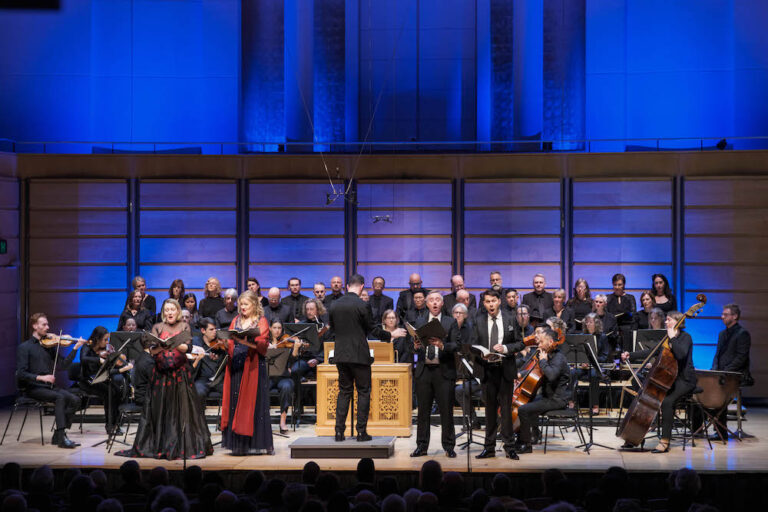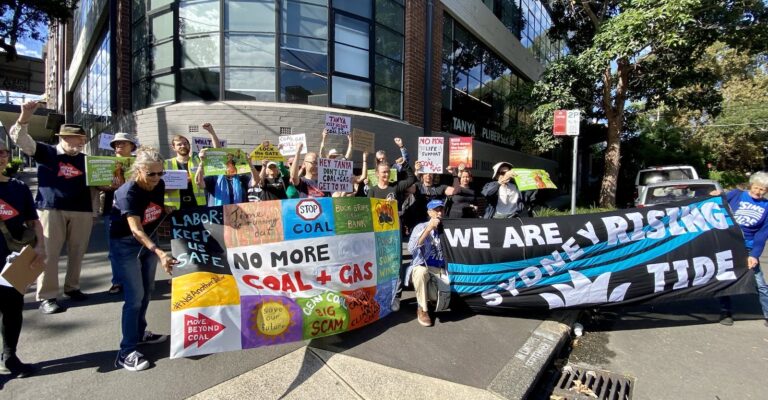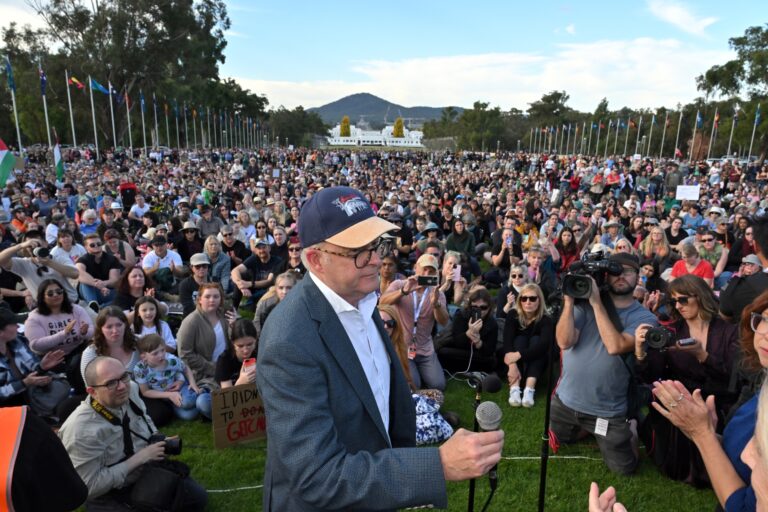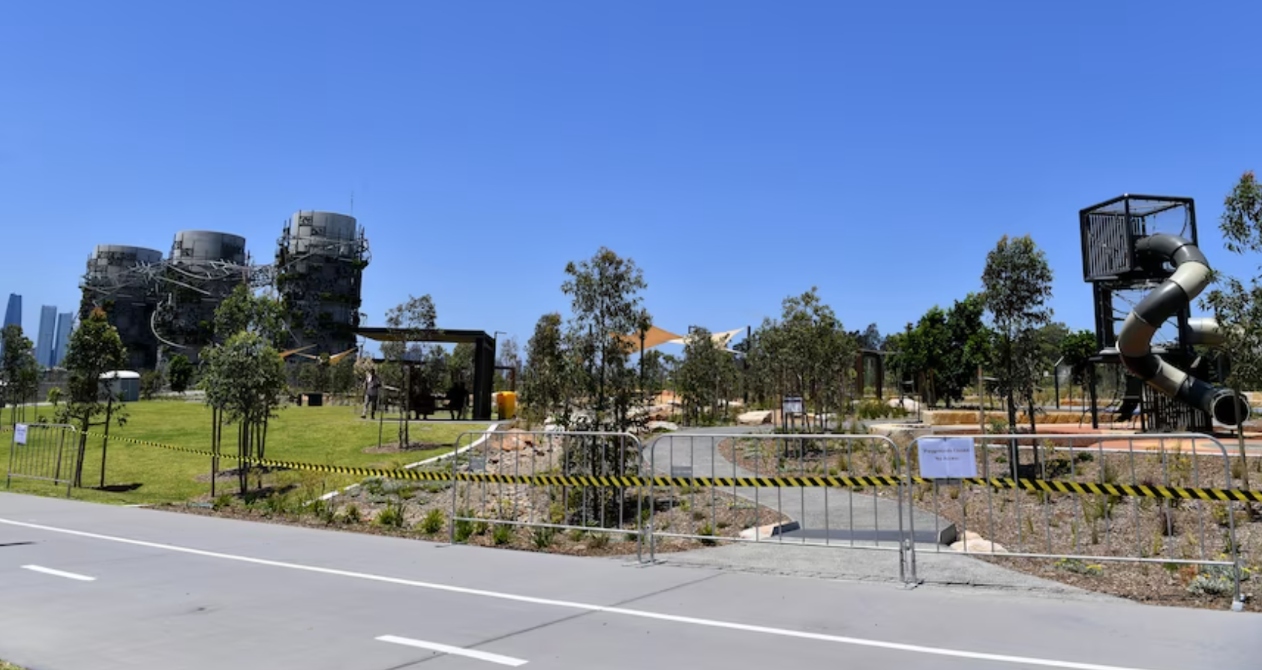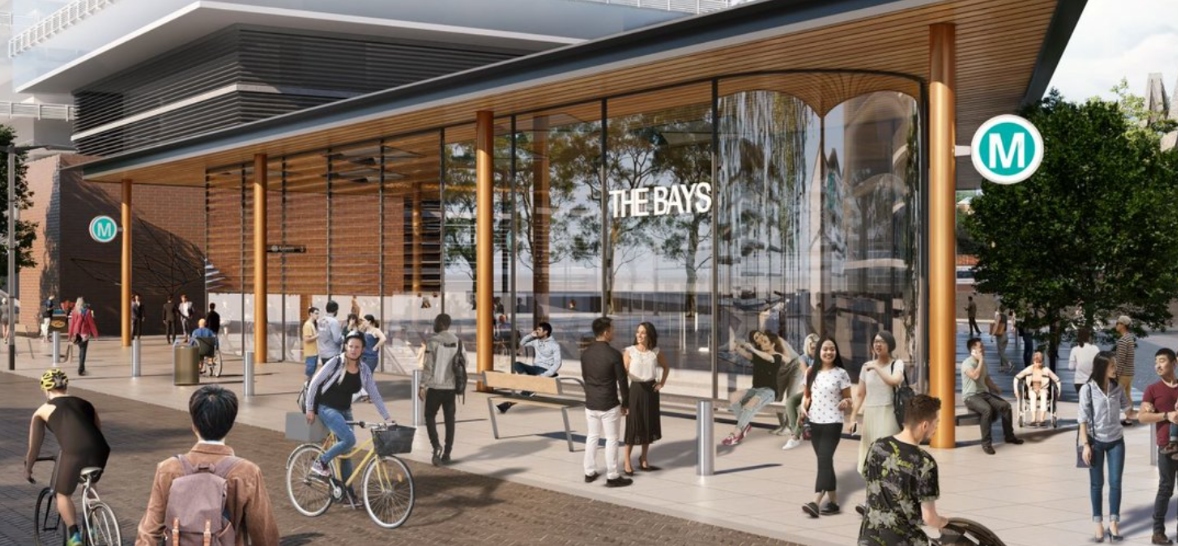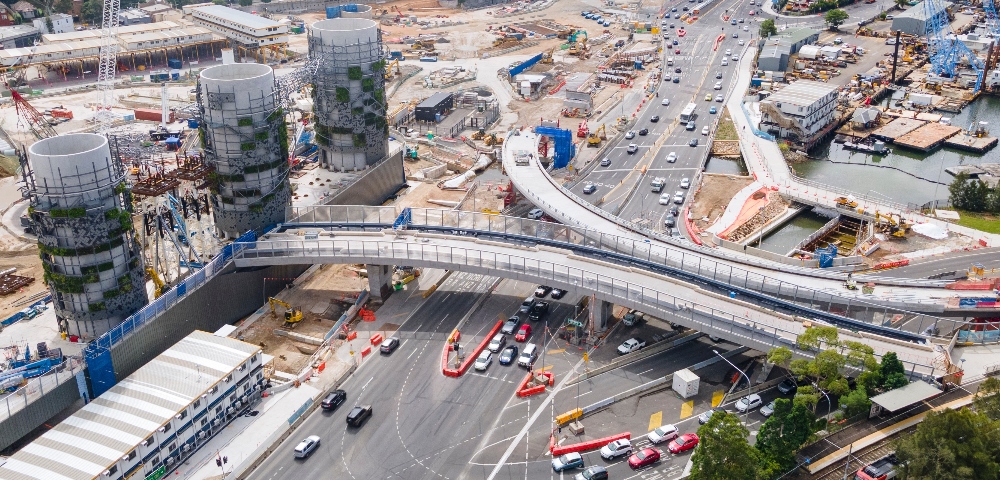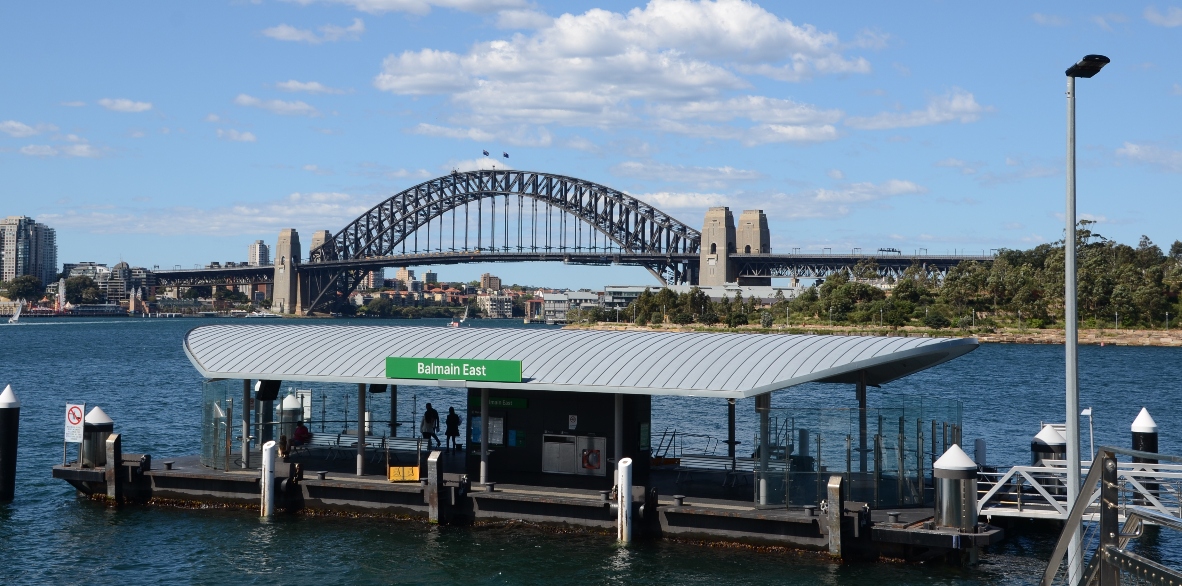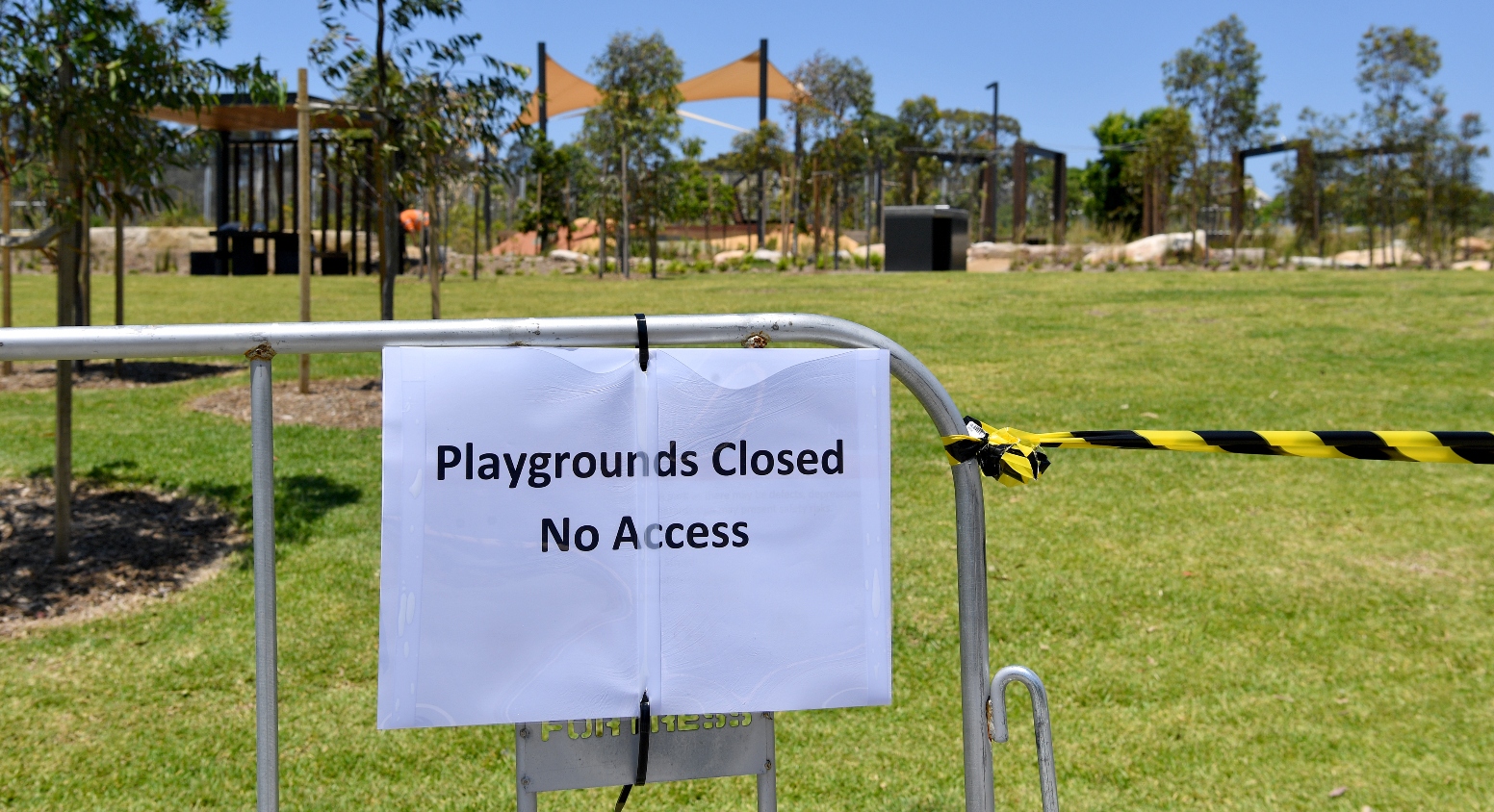
Inner West Mayor guilty of misconduct, finds Tribunal
By WENDY BACON
Inner West mayor Darcy Byrne breached conflict of interest provisions and improperly used his power as a Councillor to remove social media comments that he alleged were defamatory, a NSW Tribunal has found.
The NSW Civil and Administrative Tribunal (NCAT) found the Mayor guilty of four allegations of code of conduct breaches and misconduct and partly guilty of two other allegations. It found that he had acted unethically and misused his public office.
On Monday May 10th, the NCAT will begin proceedings to decide what penalty to impose. Options range from counselling, a reprimand, suspension or the removal of remuneration for a period.
These latest findings add to earlier code of conduct findings against Byrne, made after an internal review process last year.
City Hub asked the Mayor if he intended to appeal and whether this was the first time findings of this kind had been made against him. He did not answer these questions. Instead, his Media Officer Bill Hawker sent a statement in which Byrne says that he is “disappointed in the decision.”
“I thought I was defending the Council’s reputation and never intended to breach the rules,” he said.
As he did when the investigation first became public, the Mayor also drew our attention to the timing of the Deputy Secretary of the Office of Local Government ( OLG) Tim Hurst’s decision to refer him to the Tribunal, which occurred just days before he was “due to give evidence at the Parliamentary Inquiry into the NSW Government’s $252 million council grants slush fund.”
In other words, Byrne continues to allege that the proceedings against him were designed to silence him.
Hurst defended himself against this allegation during a parliamentary hearing into the Stronger Communities Grants rorts last year, providing evidence that he was not aware Byrne was giving evidence at the time when he referred the matter to the Tribunal.
He provided the Parliamentary Inquiry with a detailed chronology of months of interactions with Clr Byrne’s lawyers that revealed that the investigation had been underway for months before the Mayor, one of many witnesses, gave his parliamentary inquiry evidence.
Wicks place decision
The NCAT findings detail ‘misconduct’ that occurred at three Inner West Council meetings in 2019.
But the events that led to those meetings go back even further to a meeting in August 2018, at which Councillors hotly debated a motion related to a large and very controversial development, now called Wicks Place, in the Victoria Road Precinct in Marrickville.
For years, community groups, Greens Councillors and Marrickville Council staff had raised concerns about the plan for 3000 apartments on a site which is in a heavily trafficked area, under the flight path and on a swamp. All but one Labor Councillor supported it.
Eventually, the NSW government overrode opposition and approved the reduced development with 1000 apartments.
At the August 2018 meeting, planning officers recommended deferring approval of a change to a Development Control Plan (DCP) for the site so that there was more time to deal with the issue of developer contributions.
The Liberals, Labor and independent Victor Macri narrowly defeated the Council officers’ recommendation. Five Greens Councillors and two Independents (Pauline Lockie and John Stamolis) supported it.
This is the same pattern of voting which delivered Byrne his Mayoralty with Liberal Julie Passas and then Independent Victor Macri as his Deputy Mayor.
The developer was represented at the Council meeting by two consultants, both closely connected to the Labor Party. One of them, David Tierney, is well known as the surprise choice as Chief of Staff by Luke Foley when he took over as NSW Opposition leader in 2015.
Before working for Foley, Tierney was the Corporate Affairs Manager for Brookfield Multiplex, which had a long history of connections with the NSW Labor party going back to the 1980s. Earlier, Tierney was former Senator Graham Richardson’s Chief of Staff and worked for former NSW Roads and Olympics Minister Michael Knight.
After a few months in Foley’s office, Tierney left and became the Development Manager for Danias Holdings, landowners and development partners in the Wicks Place development in the Victoria Road Precinct.
The decision to reject the planning staff recommendation to delay the plan for the 272 Wicks apartments and business development was disappointing to those who opposed the development, especially because of what appeared to be close connections between the developers and the Labor Party.
Lockie takes to Facebook
As a relatively new Councillor, Independent Pauline Lockie had adopted a practice of using her Facebook page to connect with residents by explaining to the community what had happened at the meeting.

She posted on her Facebook, “I’m appalled that other councillors ignored strong legal and planning advice from our own staff in favour of developers – and that the mayor was the one pushing this. So much for Save Marrickville.”
The Mayor later went onto her Facebook page and posted a link to a Council media release, to which Greens Councillor Colin Hesse responded, “Here’s a promotion from the developers.”
Other people also posted comments, some of which suggested corruption.
For eight months the comments remained on Lockie’s Facebook page without objection. Then, on March 26, 2019, lawyers sent what is known as a ‘Concerns Notice’ letter on behalf of Byrne to Lockie and Hesse, stating that the comments conveyed defamatory imputations.
It’s important at this point to understand the nature of a Concerns Notice.
In the statement he sent to City Hub, Byrne refers to ‘a letter’. But while a ‘Concerns Notice’ is a letter, it is also something much more significant. It is a means by which a person who alleges they have been defamed gives notice of an intention to sue but also provides a publisher with an opportunity to make amends by retraction, removal, apology or in some cases compensation.
If accepted, it will mean that defamation proceedings will not be filed.
For most people who are not in a financial position to defend a defamation case, it can be the only option even if what has been published may be defensible because of the high cost of being legally represented. In this reporter’s experience, small publishers, resident activists and councillors often feel they have no choice but to retract or apologise.
The large number of defamation threats and writs that has become an inhibition on free speech has become a problem in Australia. From July 1, reforms to the NSW Defamation Act will mean that plaintiffs in defamation cases will need to prove ‘serious harm’ before their cases can proceed. Lawyers expect that this will mean both fewer Concerns Notices and less trivial cases.
Byrne calls on councillors to apologise
On the same day as he sent the letter, the Mayor made his first mistake. The Victoria Road development was on the Council agenda again. This time the staff recommendation was to put the Development Control Plan ( DCP) on public exhibition.
Byrne then added his own amendments to the motion calling on Councillors who “made potentially defamatory statements and imputations about other Councillors or who through those comments may have brought the Council into disrepute to withdraw these comments and apologise.”
Effectively, Byrne took what was a private legal matter and attempted to use his position on Council to resolve it by a political vote.
Given the demands in the Concerns Notices, Hesse, Lockie and Greens Councillor Lou Steer (a lawyer who was acting pro bono for Hesse) decided that they should leave the meeting which they did.
Byrne proceeded to move the motion but the meeting no longer had a quorum and was adjourned until April 9. Byrne again moved the motion. Hesse, Lockie and Steer declared what is known as a ‘non pecuniary interest’ in the outcome of the motion. This is an interest which, although not financial, could be reasonably perceived to influence a vote.
Having declared their interest, they again withdrew from the meeting. Byrne’s motion calling on them to apologise passed.
Despite the declarations of other councillors and his own stake in the legal matter, the Mayor saw no need to declare an interest. The Tribunal found that he failed to declare an interest at three meetings in March and April.
Lockie apologies then cops it from Mayor
At a Council meeting on 28 May 2019 Clr Lockie delivered a public apology.
The words which are standard ones used in many apologies were agreed between her and Byrne’s solicitors: “On 29 August 2018 I published a post on Facebook of and concerning Mayor Darcy Byrne.”
“I accept that the allegations made by others on my post were false and defamatory of his good character and I apologise to Mayor Byrne for the embarrassment and hurt to feelings that it has caused him.”
Hesse did not apologise.
Lockie’s apology and removal of the material was not enough for Byrne. He then posted her apology on his Facebook and Twitter pages adding his own comment.
“As a basic rule in life, don’t defame people for personal advancement. It’s just bad manners,” he said.
In the comments beneath his Facebook post, he further attacked Lockie for being “unprofessional” “disrespectful.” Other comments allege that her apology was not sincere.
This turned a stressful situation into an even more upsetting and humiliating one. Lockie responded by laying a code of conduct complaint against Byrne. Her complaint was lodged through confidential internal processes.
Lockie’s complaint led to six findings against the Mayor. The report itself is confidential but the complaint reviewer recommended that the findings be made public at a Council meeting.
According to Council Minutes of March 10th 2020, the ‘conduct reviewer’ found Byrne breached the Council’s Social Media Policy in making comments about another Councillor which “a reasonable person would consider humiliating”, and by attributing motives of personal advancement to Lockie and accusing her of being “unprofessional, disrespectful and having bad manners,” the Mayor had acted in a way that would bring the Council into “disrepute.”
He had failed to manage comments on his own facebook post or to apply a reasonable degree of care and diligence, in ensuring he complied with the Council’s Code of Conduct.
To this day, the twitter and facebook comments remain on Byrne’s page. So despite the Inner West Council’s social media policy, he continues to humiliate and defame Lockie.
After the Tribunal published its findings, Lockie posted the SMH report on her Facebook page. She wrote, “As the target of Clr Byrne’s actions, I am relieved that all six allegations of misconduct have been upheld by the Tribunal …I am pleased the Tribunal has taken such a thorough, fair and independent approach to this case, and I welcome its findings.” She said that she will continue to call out issues as they arise.
Freedom of political communication fails in Inner West
It is hard to understand why the Mayor behaves in this way.
He has more than $500,000 for his own communications and media team, in addition to his assistance from Council’s communication team.
He uses his social media pages to post a stream of promotions but also attacks those he perceives to be his enemies, especially Greens. On the other hand, he is well known for blocking many community members from commenting on his Facebook page, not because they have abused him but because they have criticised his actions.
He resorted to legal warnings without attempting to resolve discussion that followed a hotly contested community issue. He continues to make accusations against others which some consider defamatory, even though he displays little tolerance for criticism or questioning himself, casting himself as a defender of the Council’s reputation.
He does not appear to have insight into the contradictions in his own behavior.
Some may see these disputes a ‘storm in a tea-cup’ and merely a waste of Councillors’ resources and time. In some ways, they are a diversion from other issues.
However there are very significant issues underlying them. The Mayor appears to struggle with grasping the importance of a right to free political communication, considered by the High Court and other institutions to be a key right in a democracy at every level of government.
This lack of understanding of open political communication is underscoring the loss of democracy which many who opposed the amalgamation of Inner West Councils have experienced.
Public figures need to show a tolerance for robust discussion if this right to political communication is to be a practical one. This is important at a time when media outlets for local journalism and opinion are so few. In this situation, social media becomes an important outlet, but there are risks for ordinary Councillors who have no resources to manage their liability for comments by others that are abusive or defamatory.
In continuing to publish comments and in attacking the Tribunal’s decision as stemming from a politically inspired referral, the Mayor is also exposing himself and Council to further risks.
Political conspiracy accusations are a diversion
The Parliamentary Committee that investigated the Stronger Communities Grants and many community members share Bryne’s view that Councils were ripped off by the LNP government’s pork barrelling.
In the statement he sent to City Hub, Byrne said that he will “continue to advocate strongly for the return of $24 million the Inner West was cheated out of” and correctly noted that “no sanction or action at all has been taken against the Premier and Deputy Premier, despite overwhelming evidence that they improperly established this slush fund and oversaw one of the biggest rorts in NSW history.”
But it is one thing to campaign against LNP government rorts, and another thing entirely to make accusations that the findings against him result from an abuse of the administration of justice.

Colin Hesse has never apologised but agrees with Byrne about NSW government rorts. He told City Hub that given that Byrne claims to have been defending Council.
“It is a wonder then that he took more than six months to raise his concerns following a Facebook discussion in which he took part,” he said.
“If Clr Byrne was concerned he could have referred his concerns to the Independent Ombudsman as set out in the Code of Conduct adopted by Council. This is the course taken by Lockie.”
“Claims by Clr Byrne drawing connections between the NSW Government’s appalling local government grants scheme and the matter considered by the Office of Local Government are a diversion.”
“The real issue here is that the rezoning of Victoria Road in Marrickville to allow residential development, a re-zoning opposed by Council planners, may, on the advice of Council staff, cost Council and residents hundreds of thousands of dollars and perhaps millions of dollars to address road and drainage works. There is no benefit to the community of the rezoning.”
For six years, many in the community argued against the development which is now being sold off the plan. Construction was expected to begin last August, but demolition and construction is now scheduled to begin on July 1. Businesses and employees are moving out.
The costs and benefits to the community, most of whom could not afford to live there, remain to be seen, including whether the development enhances Marrickville as a ‘creative hub’ as its supporters have always argued it would.
Wendy Bacon was previously the Professor of Journalism at UTS. In 2021, she is Newtown Woman of the Year. She blogs at wendybacon.com
